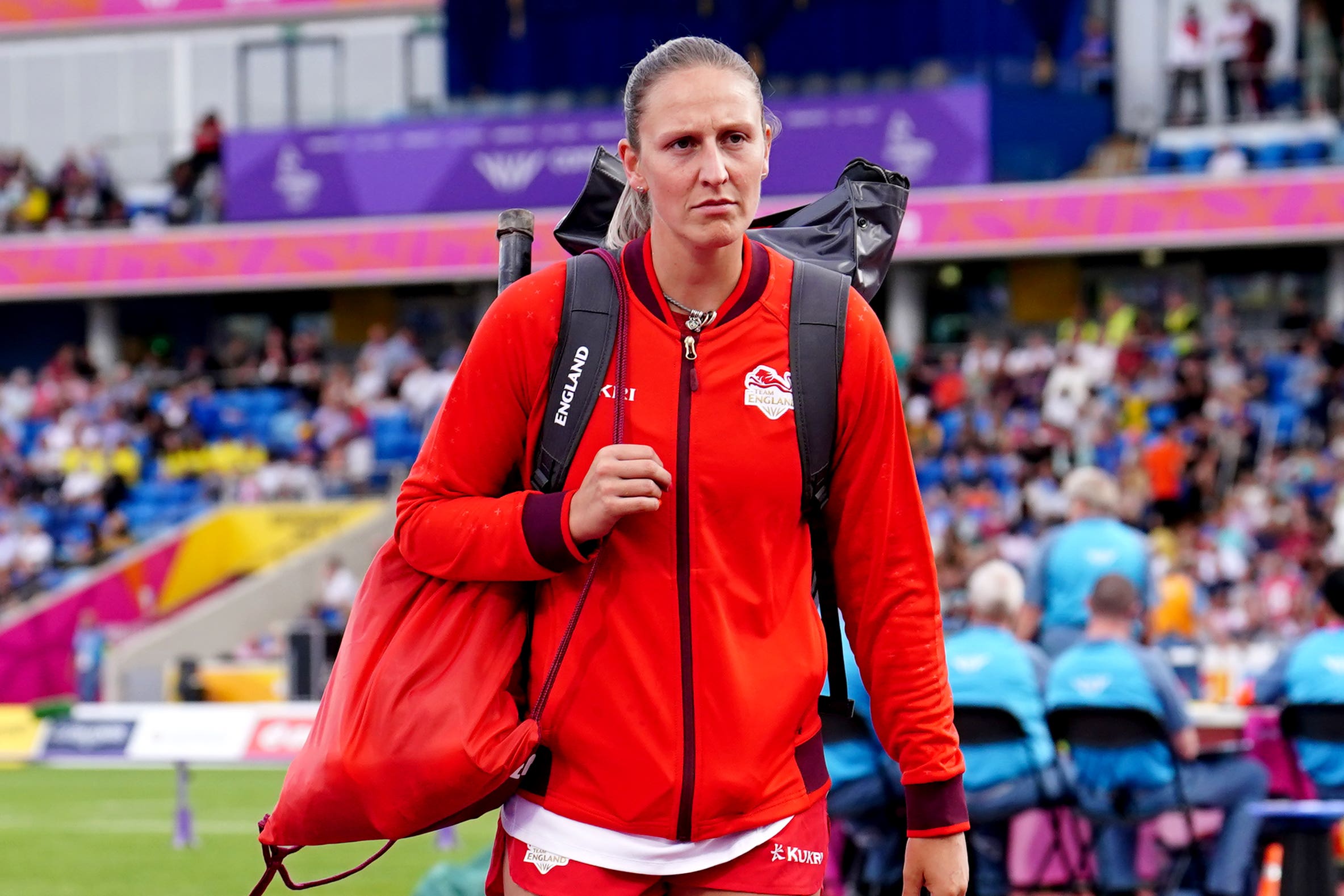Female athletes targeted by most online abuse, World Athletics study finds
World Athletics’ research looked at almost half a million social media posts.

Your support helps us to tell the story
From reproductive rights to climate change to Big Tech, The Independent is on the ground when the story is developing. Whether it's investigating the financials of Elon Musk's pro-Trump PAC or producing our latest documentary, 'The A Word', which shines a light on the American women fighting for reproductive rights, we know how important it is to parse out the facts from the messaging.
At such a critical moment in US history, we need reporters on the ground. Your donation allows us to keep sending journalists to speak to both sides of the story.
The Independent is trusted by Americans across the entire political spectrum. And unlike many other quality news outlets, we choose not to lock Americans out of our reporting and analysis with paywalls. We believe quality journalism should be available to everyone, paid for by those who can afford it.
Your support makes all the difference.Female athletes were the main target of online abuse during this year’s World Championships, a World Athletics study has found.
According to the research, which captured almost half a million posts on Twitter and Instagram, almost 60 per cent of abusive messages singled out women.
Over 40 per cent of those detected were found to be sexualised and sexist in nature, after the accounts of 461 athletes at the World Championships in Eugene were monitored between July 10 and August 1.
British pole vaulter Holly Bradshaw, who won Olympic bronze last year, suffered abuse having been forced to pull out when she was injured after her pole snapped in the warm-up.
The hamstring injury she suffered effectively ended her season as she withdrew from the final of the Commonwealth Games two weeks later, and Bradshaw was surprised at the volume of abuse she received.
“I was shocked with the extent of the abuse, I wouldn’t have expected it,” she told the PA news agency.
“Someone said I was too big and snapped the pole. There was a barrage of comments, I was taken aback. If I fell over in the street, I don’t have 10 people crowded around me berating me. Just because it’s online doesn’t make it OK and it needs to stop.
“The report and the more people stand up and speak out, the more likely things are to get changed. When someone congratulates you it’s great, but when someone negatively comments it attacks your personality and values. It’s very easy for the brain to remember that.”
Between July and August, 427,764 posts and comments on Twitter and Instagram were captured for analysis.
Of all the online abuse, 60 per cent was sexual or racial in nature, with racist comments depicted in the form of offensive language and the use of monkey emojis against black athletes.
Abuse targeting male athletes tended to include general slurs, with 29 per cent of posts including racist abuse.
Of the abusive posts, 59 per cent needed intervention from the social platforms, with five per cent so serious that World Athletics is considering further sanctions against individuals, including sending evidence and reports to law enforcement agencies.
It is World Athletics’ second study – following last year’s first during the Olympics in Tokyo, with the body monitoring three times more athletes – and has enabled the governing body to improve its safeguarding policy.
“The results of this study are disturbing, but it’s important that we know where and how our athletes are being abused on social media so we can take steps to protect them and prevent future occurrences,” World Athletics president Seb Coe said.
“There is no place for abusive behaviour in our sport and we need to send a clear message to those who think athletes are fair game for this mistreatment. We won’t hesitate to sanction individuals who abuse our athletes where we can identify them.
“We have a duty to safeguard our athletes to the best of our ability and that is why we have developed robust safeguarding policies to set the standards we want to see in our sport.”
Join our commenting forum
Join thought-provoking conversations, follow other Independent readers and see their replies
Comments